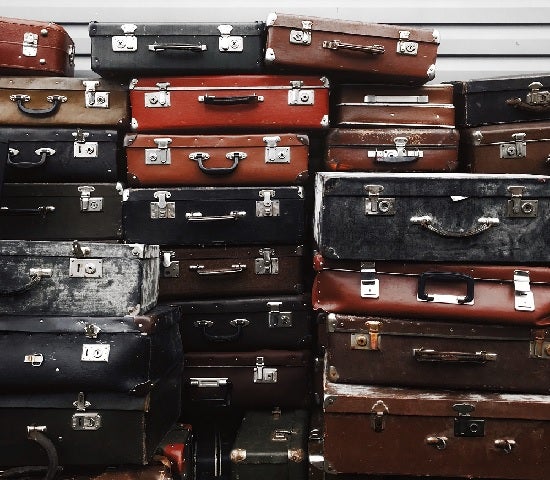Where does this story come from?
Development Economics
Tell us your horror story, what happened?
I was done collecting data for a household survey in DR Congo. All data was collected on paper questionnaires. When I left the country, no one from my university would remain, so all paper data had to be transported back to the Netherlands. We decided the best way was to transport the bags of data as our luggage on the airplane back home.
We weighted stacks of paper to exactly the admissible weight for on carry-on bag, put the paper in a sturdy shopping bags, and taped it all hermetically shut. When I arrived, I went to get my bags from the luggage belt. But when the belt was entirely empty, there was still one bag missing. What's worse, due to project delays, I had not managed to enter and verify all data before going back. My stomach dropped as I realized I could have just completely lost some of the data I had worked so hard to collect.
Did you find a solution? How did this situation end?
I went to the lost luggage desk, all stressed out, asking where my bag was. The people there told me sometimes luggage takes a while to get to the belt (in all other cases I've lost luggage they've never told me this!) and to go back to the belt and look. And sure enough: there was my missing bag! I didn't even check if this was data that had been entered or verified: I was just happy the horror was over.
Was there a lesson learned? How could this horror be avoided?
I've never since collected serious amounts of survey data on paper, partly because of this reason. But this problem could have been prevented in a number of other ways, which all were difficult to implement at the time, including delaying all flights home until all data has been entered; or having the paper data stored with a trusted partner in-country and have them oversee data entry and verification.
The stories for the Data Horror Week 2020 were collected by the Research Data Management (RDM) Support Desk at Vrije Universiteit Amsterdam.
